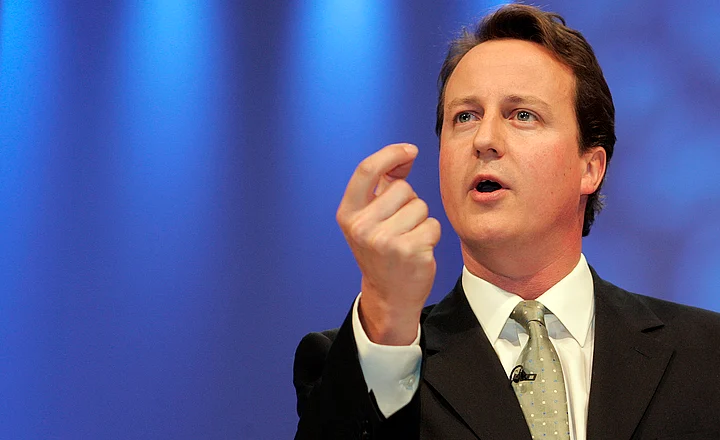What is Britain Voting for on May 7?
Britain is voting for a new parliament, and, by extension, a new government. The election will decide the composition of the House of Commons, and ultimately, who will be prime minister. At the same time, there will be elections for local tiers of government in certain parts of the country.
Who Could be Prime Minister Afterwards?
Although there are a large number of parties competing in this election, only the leaders of the Conservative Party and the Labour Party have any real chance of becoming prime minister. Either Conservative incumbent David Cameron will win a second term and so continue as prime minister, or Labour leader Ed Miliband will walk into Downing Street once a new government has been formed.
What Does the Queen do?
The Queen has very little to do on election day. It is constitutionally frowned upon for her to vote, and she does not do so. Her constitutional role is simply to appoint the prime minister when the votes have been counted.
If David Cameron can form a governing coalition, his government will continue; if Ed Miliband wins, Cameron will need to resign and the Queen will then invite Miliband to form a government. If there is no clear winner, she will not be involved in coalition negotiations; her role is to take a back seat until it is clear which party leader has been able to put together a coalition which can maintain the confidence of the House of Commons.
It is traditional for the incoming prime minister to be driven to Buckingham Palace where he/she will have a short meeting with the monarch. They will usually then head back down the road to Downing Street, making a short speech to the waiting press outside Number Ten.
So What Actually Happens on May 7?
The UK is split into 650 parliamentary constituencies, each of which elects one representative to sit in the House of Commons, the lower chamber of the UK parliament. So there are essentially 650 mini-elections happening at once. Most of the candidates will be standing under the banner of one of the main political parties: Conservative, Labour, theLiberal Democrats, the Scottish National Party (SNP – only in Scotland), Plaid Cymru (only in Wales), the Green party, and the UK Independence Party (UKIP).
What are Some of the Likely Outcomes?
Since neither party looks set for a majority, a coalition government is almost guaranteed. If David Cameron remains prime minister, he is likely to have to continue to work with the Liberal Democrats – or perhaps even UKIP. If Ed Miliband wants to be prime minister, he is likely to have to work with the SNP, the Liberal Democrats, and/or some of the very small parties (the Greens, Plaid Cymru, or parties from Northern Ireland).
In recent weeks this has all become even more complicated, as the two main party leaders have all refused to say who they would work with and act as if they’re likely to get a majority. Ed Miliband has ruled out a coalition with the SNP, while the Liberal Democrats have said they will not take part in a government that includes the SNP or UKIP.
So whatever happens, the 2015 negotiations are likely to be much more difficult than they were after the last election.
